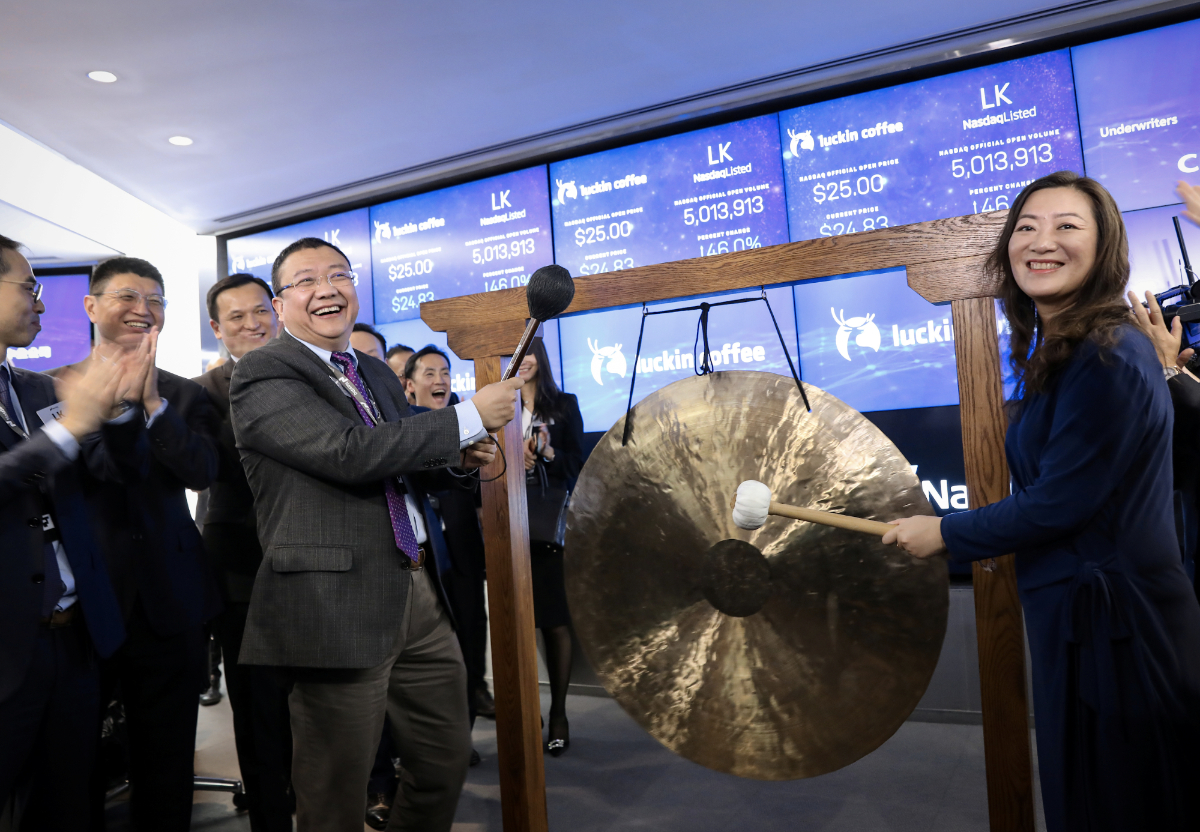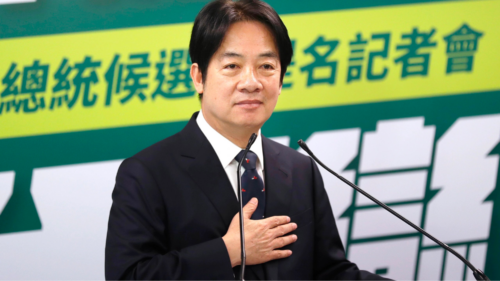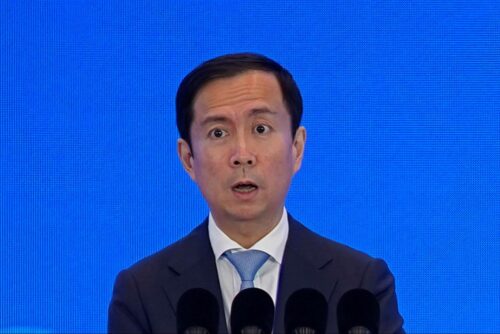New U.S. regulations may send Chinese IPOs to other markets
The U.S. Senate has passed legislation which could bar some Chinese companies from U.S. stock exchanges. The bill was approved with unanimous consent and requires companies to establish they are not owned or controlled by a foreign government.

The U.S. Senate has passed legislation which could bar some Chinese companies from U.S. stock exchanges. The bill was approved with unanimous consent and requires companies to establish they are not owned or controlled by a foreign government.
Senator John Kennedy, a Republican from Louisiana, and Chris Van Hollen, a Democrat from Maryland, sponsored the Holding Foreign Companies Accountable Act, which also prohibits securities of a company from being listed on U.S. securities exchanges if the company has failed to comply with the Public Company Accounting Oversight Board’s (PCAOB) audits for three years in a row. The board is a nonprofit body that oversees audits of all U.S. companies that wish to raise money in the public markets.
In a press release Kennedy’s office said the bill aims “to kick deceitful Chinese companies off U.S. exchanges.”
“I do not want to get into a new cold war,” Kennedy said on the Senate floor. “All I want, and I think all the rest of us want, is for China to play by the rules.”
More than 170 Chinese companies are listed on the Nasdaq and NYSE, and they are facing increasing scrutiny. This week Nasdaq said it will enforce stricter requirements for foreign companies conducting initial public offerings with them, and U.S. lawmakers, including Senator Marco Rubio of Florida, argue Chinese companies should not have access to U.S. capital markets unless they are financially transparent and accountable.
One of the factors behind the growing wariness about Chinese companies is recent news about Luckin Coffee. This week Nasdaq notified the startup coffee delivery company that it will be delisted after the company disclosed that nearly half of its 2019 sales were fabricated. Rubio points to China’s Luckin Coffee as “one of many examples of Chinese fraud.”
Chinese companies may turn to markets outside the U.S. as alternatives. Hong Kong is emerging as a leading fundraising hub for Chinese tech companies. The city has been angling for more listings from Chinese tech firms, which have previously favored listing in U.S. markets because they allow for dual class voting structures.
In 2018 the Hong Kong Stock Exchange changed its rules to allow companies with dual-class shares to list, but until now they were still not allowed to join the Hang Seng index. This week the city made big changes to inclusion rules for its flagship Hang Sang index. For the first time companies with dual-class shares and primary listings elsewhere can be included in the benchmark.
Chinese technology firms will benefit from the new rules, which will allow them to expand their commercial presence in Asia. JD.com is reportedly planning a $3 billion share sale in Hong Kong this year; the e-commerce and logistics company’s primary listing is on Nasdaq. This follows Alibaba’s decision to list in Hong Kong last November, allowing the company to raise $13 billion.
The 50-year old Hang Sang index has long been dominated by Chinese-state owned firms, banks and insurers. But now Chinese tech companies raising money through Hong Kong markets may reflect a shift in China’s economy to high-value industries.
Hong Kong also faces increasing competition from Shanghai. Last June the Shanghai Stock Exchange launched the Nasdaq-like Star Market which allows pre-profit companies in areas such as AI and cloud computing to list in China for the first time.
As tensions rise between China and the U.S., markets closer to home may prove more appealing to Chinese tech firms, insulating them from sell-offs in the U.S. market, and greater oversight by U.S. regulatory authorities. However erosion of rule of law in Hong Kong could lessen future foreign capital inflows, ultimately impacting Hong Kong’s status as a financial centre. Despite the increasingly hostile regulatory environment Chinese companies will probably continue to seek access to U.S. capital.





